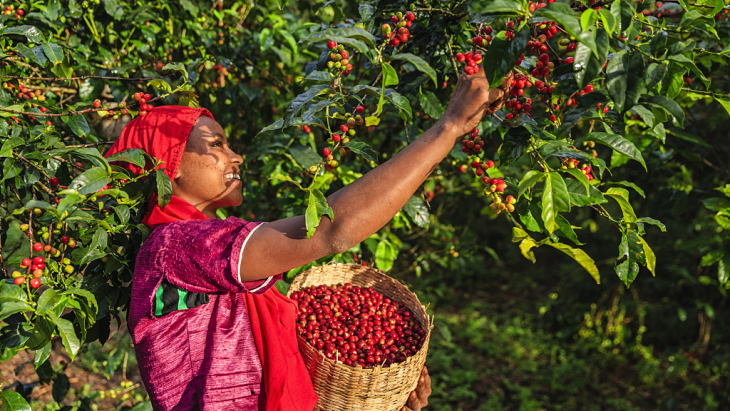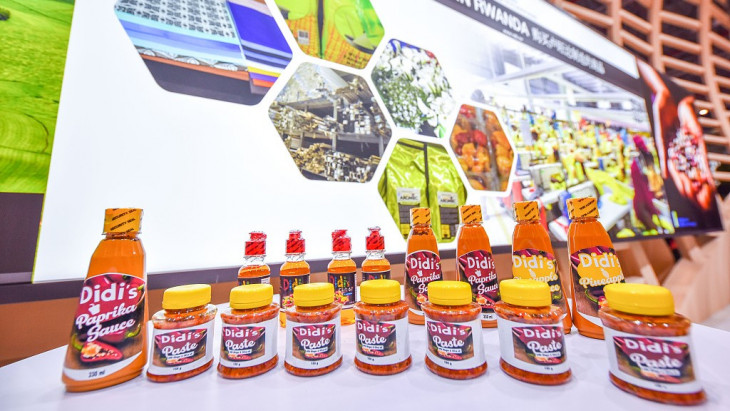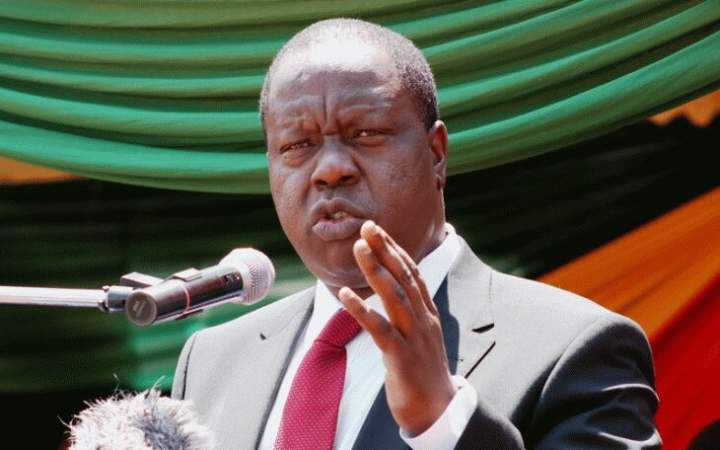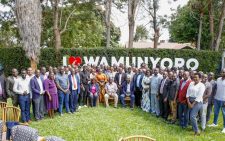Exploring the emerging e-commerce frontier between China and Africa

True to its promise to open up its market more to products from other developing countries, China is currently hosting the fourth “Quality African Products Online Shopping Festival” in Zhejiang province. The two-week event that runs from April 28 to May 12 is a showcase of the best that Africa has to offer to the Chinese market.
The livestreaming event features more than 100,000 brands from over one million merchants from both China and Africa. Twenty-three African countries are participating in this annual forum, with products ranging from coffee from Ethiopia, chili sauce from Rwanda and black tea from Kenya.
While there have been physical trade expos between China and Africa, the COVID-19 pandemic has reaffirmed the fact that this is not always possible and alternatives that delimit time, space and distance need to be up scaled.
The challenge now for Africa is coming up with creative ways of penetrating the Chinese market. The onus lies with the continent to offer irresistible value to the discerning Chinese consumers, a demographic totaling over one billion, who have become accustomed to safety and quality.
For instance, in February China allowed the exports of Kenyan avocados after suspension in 2019 due to quality concerns, specifically the prevalence of fruit flies. The resumption of trade in avocados followed a successful Pest Risk Analysis carried out by the Kenya Plant Health Inspectorate Service and the National Plant Protection Organisation of China.
Among other rigorous requirements, Kenya’s avocado exporters are supposed to follow Good Agricultural Practices, maintain proper sanitary conditions, and implement Integrated Pest Management programs which include pest monitoring, chemical and biological control and any other pest control operations.
There are no two ways when it comes to achieving quality and trust. It is also an example of the win-win outcomes when the two trading partners cooperate for mutual benefit. The fact that China indulged Kenya to bring it up to speed on quality portrays sincerity and empathy.
The ongoing shopping festival has dual benefits for Africa. First, it will help African countries to take stock of their current level of technology, particularly in e-commerce. Compared to China, Africa still has a considerable distance to cover in getting to the level of technological savviness and Internet penetration and usage in China.

According to GlobalData, a London-based data analytics and consulting company, the exponential growth of China’s e-commerce in the last five years is attributable to high Internet and smartphone penetration, increasing consumer confidence in online shopping, emergence of e-commerce platforms, and the availability of various alternative payment solutions. Chinese e-commerce market is projected to reach U.S. dollars 3.3 trillion in 2025, the largest market size globally.
Conversely, the UNCTAD B2C E-Commerce Index published in April, 2017 showed that Africa was the lowest in e-commerce readiness, with below average indicators in aspects like Internet use penetration, secure servers per one million inhabitants, credit card penetration and a postal reliability score.
Secondly, the trading fiesta will help the continent to open up more channels of selling a bigger variety of its products. Even amid the steep curve in e-commerce that the continent must cover, Africa is one of the fastest growing online markets in the world. The potential is massive, even untapped for online trading.
For instance, in January Ethiopia’s ambassador to China, Teshome Toga, performed an activation on Tmall, Alibaba’s e-shopping platform, to launch and sell Arada Coffee, a brand of Ethiopian coffee in China. Teshome managed to sell 11,000 bags in 500 gm packets of the coffee in a record five seconds.
The Belt and Road Initiative (BRI) will enhance e-commerce between Africa and China by making the transportation of goods and services faster, more efficient and cost effective. Moreover, the so called “digital silk road” – BRI’s parallel online vehicle – will enhance Africa’s digital infrastructure, helping to establish the continent on the information superhighway.
Any opportunity to grow online trading between Africa and China should be maximized. One area that has huge potential is the millions of small and medium size enterprises. With strict and consistent adherence to the right quality, the continent can make thousands of its products more attractive to the Chinese market, which will help to narrow the balance of trade between the two partners.
Experts say that there is even an opportunity for barter trade where money does not have to be exchanged. Africa’s agricultural produce sold to China can be traded for the latter’s manufactured goods – including mobile phones, cosmetics and health products, computers. Africa needs these products to add value to its attempts at industrialization by weaning itself dependence on raw materials in foreign trade.
It is hoped that the online trade festival will mark one huge step towards achieving common prosperity, where each party benefits holistically. China will get a wide variety of products at fair prices since the buyers can deal directly with the source. Products bought and sold by either side will be an invaluable addition to mutual value chains at competitive rates.









